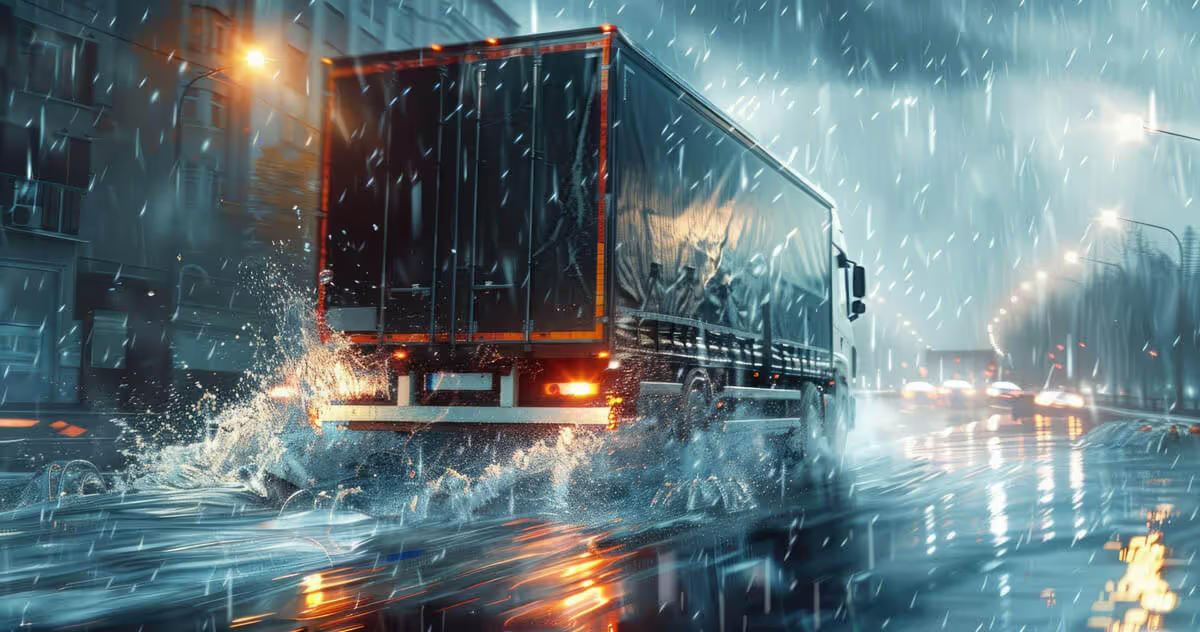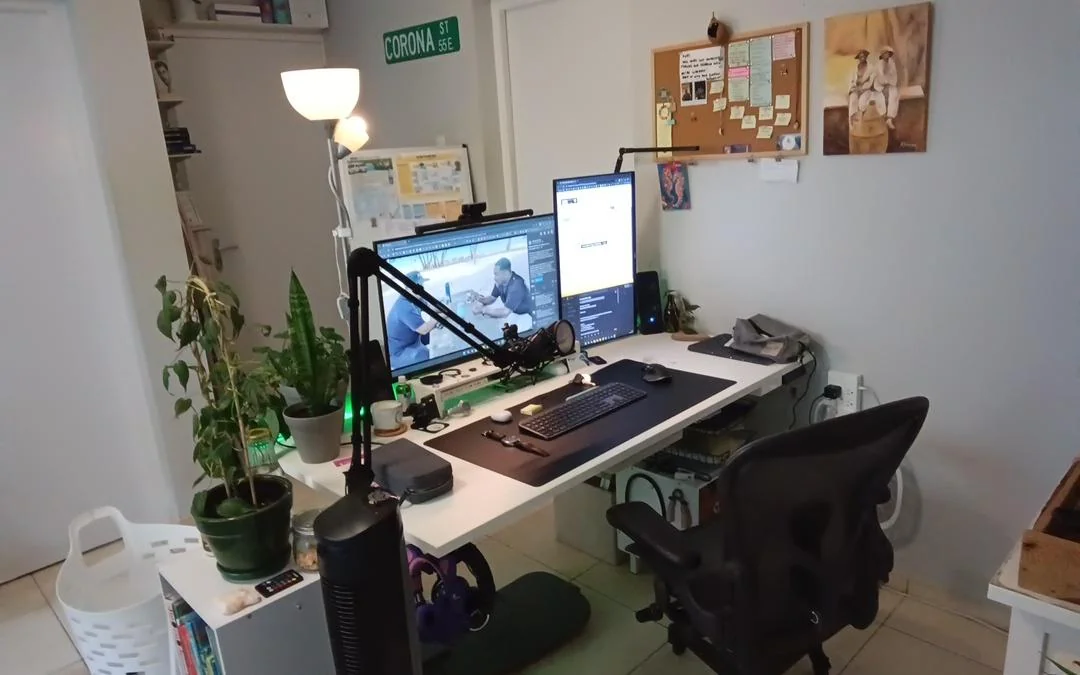Moving After Disaster: Disaster Recovery
Facing relocation after a natural disaster? Discover tips on emotional recovery, developing a moving strategy, and building a new life after displacement in this complete disaster recovery guide.
Speak With A Shipping Expert And Save 10%
Call (866) 333-8018
Disaster Recovery: Relocating After Natural Disasters
Natural disasters can strike anywhere and at any time. In 2023 alone, more than 3 million Americans were displaced by some form of natural disaster, and FEMA declared hundreds of minor and major episodes that forced people out of their homes. Every one of these disasters was the event of a lifetime for the individuals involved, often driving people from their homes and communities indefinitely. Apart from good planning, nothing helps your family through the disaster recovery process more than resilience and informed decision-making.
Coping With the Emotional Impact of Natural Disasters
Any disaster is a significant life disruption, and it comes with many emotional effects you have to deal with. It's normal to feel fear, uncertainty, anxiety, grief, and even anger when a tornado or an earthquake threatens the family and home you love. Identifying these emotions and understanding how they might impact you and your family early on is crucial. Counseling is generally available for displaced people early in the recovery process, as are support groups and other resources. Suppose nothing is available in the place you've evacuated to. In that case, you should seek a counselor or peer-support group as soon as you are able.
Disaster Recovery and Good Planning for the Unexpected
Planning can ease your burden by solving several major problems before they occur. A disaster checklist for each type of emergency you're likely to face is always a good idea. Every home should have a fire and storm emergency plan, as well as hurricane, earthquake, and tornado plans if you live in a part of the country that's prone to these disasters.
Take your time preparing each checklist, and seriously consider the supplies you'll need, the places you can evacuate to, and how you'll get through the period between the start of the disaster and when you're in a safe place. Go over the plans with your family and assign roles to each responsible person, such as a designated child caregiver, supply carrier, and driver.
All your plans should be detailed and reflect the supplies you currently have on hand and your capabilities. Keep the plans flexible, and allow for the unexpected, such as one of the adults in your family getting caught in traffic coming home or the kids stuck in school. Update your family disaster plans at least once a year to keep them relevant and realistic.
Moving After a Disaster: Develop a Relocation Strategy
Part of your plan should include a relocation strategy. You have a house full of possessions, some very important and others less so, that you must have moved, usually on a bumpy and unpredictable schedule. Your options for getting must-have items out of your house are essentially:
- Moving them yourself
- Getting help from family and friends
- Calling for professional assistance
Which of these options depends on the short-term need for an object, your ability to move it without help, and the difficulty you expect to have in retrieving it later? A child's medicine, for example, is generally lightweight and highly portable, and you'll probably need it in the first 24 hours after leaving home. So, you'll almost certainly pack that in your emergency kit and take it with you. On the other hand, boxes of DVDs and your favorite easy chair are less immediately necessary and tend to be heavy, so you'll probably come back for those later.
Retrieving your things alone isn't always the best option since it can be slow and challenging. It also may not be safe, or you could be going to stay with relatives hundreds of miles away in a different state. Likewise, getting help from neighbors could be a great solution, as long as their homes aren't affected by the disaster and they're in a position to help you. Depending on your situation, getting professional help with moving after a disaster may be your most viable option.
Getting a Fresh Start in Your New Location
If you must move because of a natural disaster, getting to your new long-term residence will take time. The first place you stay may be an emergency shelter or with people you know who have some space for you to sleep. Later, you might rent an apartment or a house or even buy a smaller property somewhere far away. Getting properly settled in will take time, as will establishing new routines and recovering a sense of normalcy.
The process can go more smoothly if you move somewhere with extensive social connections. Many people recovering from a disaster choose to return to the town they grew up in, near family and old friends. Even in a new location, there are plenty of social clubs and community groups that can connect you with new people and opportunities.
Places you can expect to meet new people include:
- Your new job
- The family church or another nearby house of worship
- Social clubs organized around a hobby or shared interest
Above all, it's essential to give yourself time to adapt. Making new friends and social connections takes time, and you can't expect to find a full address book full of good people overnight. As with so much else in life, finding your footing in a new community is largely a matter of making a plan, building yourself up, and using your judgment to gradually make new friends in what might be a strange new place for your family.
Keeping Your Balance During a Time of Crisis
Natural disasters can happen anywhere, and they can be catastrophic if you're not prepared. You don't have to be caught flat-footed when such an upheaval arrives. Making plans in advance, laying up supplies, and preparing to move to a safe location are ways to take control of your situation when things are falling apart around you. No matter what, you're in a position to take care of yourself and your loved ones, which is a message of hope for those facing hard times.
Ship Smart has been helping families cope with disaster since 1999. If you have a small amount of household goods that need to be moved from a difficult location, or if you're relocating and require help shipping your furniture cross-country or out of state, we're here to assist. Contact us for a fast, free shipping quote online, or call (866) 333-8018 for a 10% discount on your shipping order.
Our Latest Moving Tips
View Full BlogTrustpilot Reviews
Aptos, CA 95003 US
Sat: 9:00 am - 3:00 pm
*Pacific Time


